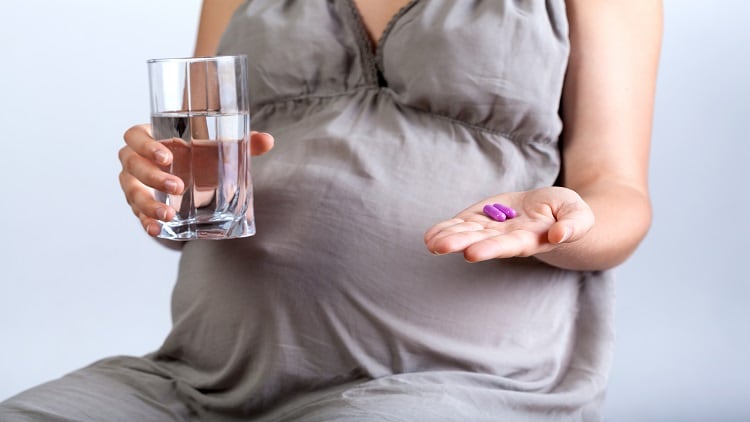The survey involved 500 females who had given birth and were between the age of 22 and 45. Responses were collected via the Internet in March this year. Slightly more than half of the respondents (51%) said they had consumed supplements during pregnancy, of which more than 90% had consumed folic acid.
Studies have shown that folic acid is useful in preventing the onset of neural tube defects (NTDs), which usually occur in the third or fourth week of pregnancy. As such, authorities in different countries, including the Japanese Ministry of Health and Welfare, have advised women to take 400mg of folic acid daily even before conception.
However, the awareness of consuming folic acid before pregnancy remains low amongst Japanese women.
Only 27.3% of the respondents knew that consumption of folic acid should begin before the pregnancy has started.
29.3% thought they should consume folic acid during the initial stages of pregnancy, while 9.5% thought consumption should begin in the middle phase of pregnancy.
Besides folic acid, iron is also a popular supplement, with 58.1% of the respondents consuming it during their pregnancy, this is followed by calcium at 21.7%.
DHA, zinc, vitamin B6 and C are some of the other supplements that respondents have consumed.
Reasons for consumption
Although most respondents were not aware of the best time to consume folic acid, however, most knew the benefits of folic acid.
The survey results have shown that 58.3% of consumers who consumed folic acid did so to prevent the NTDs, while others stated that it was common knowledge to take folic acid during pregnancy.
Expert advice also played a role, with 25.2% said that they were instructed by the gynaecologist to do so.
Besides preventing NTDs, a study have also shown that prenatal folic acid supplementation for at least six months could lower the risk of postpartum depression in Chinese women, while a population study in Bangladesh found that mandatory folic acid fortification could tackle child morbidity and mortality.
Vitamin B6 and morning sickness
The survey found that as many as 86% of the respondents were unaware that vitamin B6 could alleviate symptoms of morning sickness.
Only 5.5% of the respondents consumed vitamin B6, and only 4.4% did so knowing that it could prevent morning sickness.
On the other hand, the Japanese Obstetrics and Gynaecology Guidelines have also approved the prescription of vitamin B6 to alleviate morning sickness.



